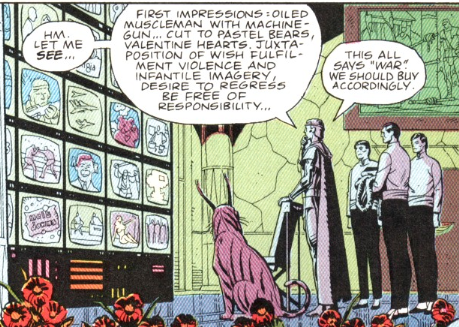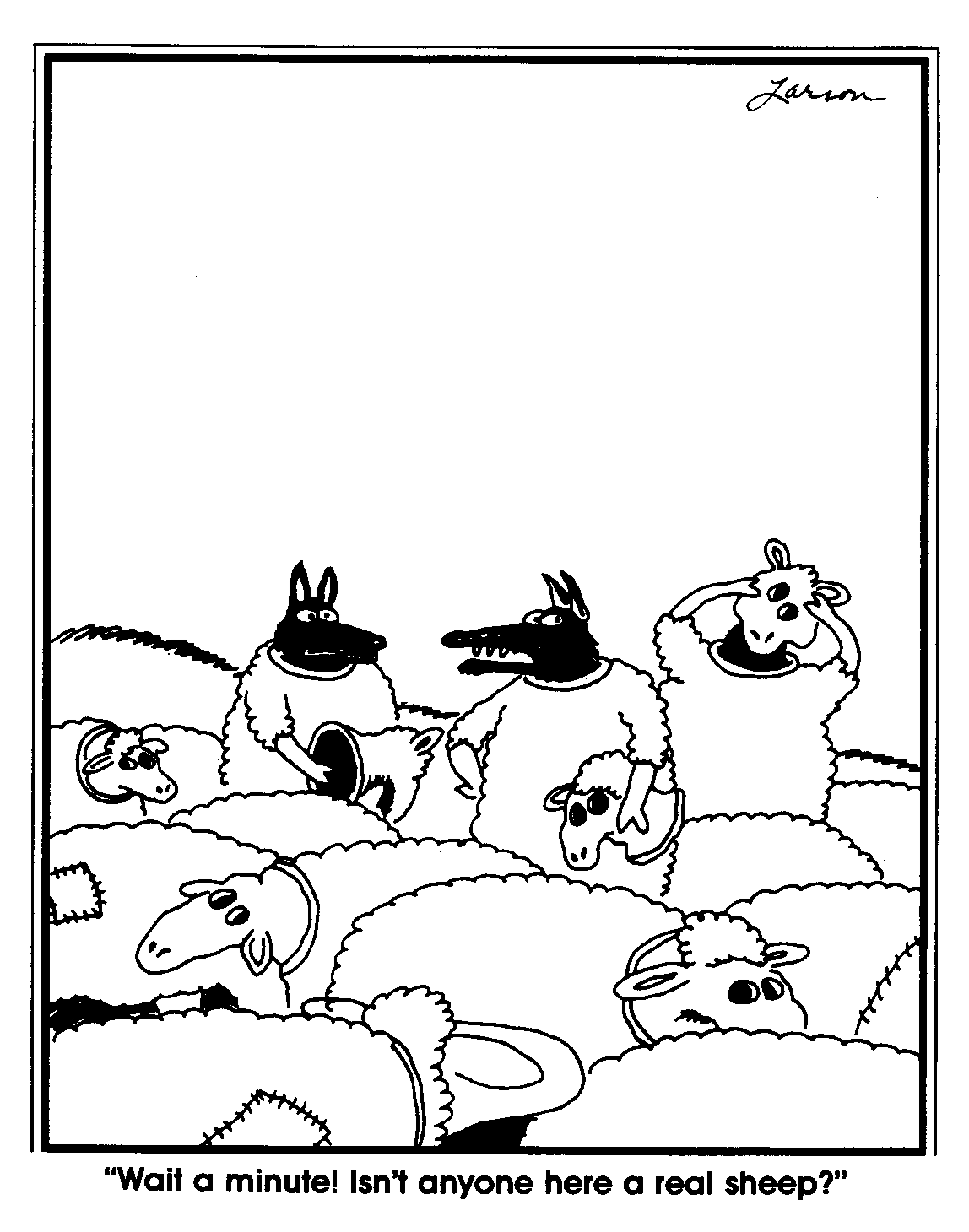Some of the links in this post may lead to sites with NSFW content
→Hello←
I hope that you enjoyed some of those links – I wanted to share a few of the more creative ways of organizing a information
Electric circuitry profoundly involves men with one another. Information pours upon us, instantaneously and continuously. As soon as information is acquired it is very rapidly replaced by still newer information. Our electrically-configured world has forced us to move from the habit of data classification to the mode of pattern recognition. We can no longer build serially, block-by-block, step-by-step because instant communication insures that all factors of the environment and of experience co-exist in a state of active interplay.
When Marshall McLuhan wrote this statement (sans hyperlinks) in his book, the first thing that my mind went to was the concept of news media. In the world today, companies based in both the new and the old media have assembled vast arrays of data input systems in order to gather and display (generally for profit) information about the many sights and sounds of the world (with more sensual data coming soon?). Google, for example, has built itself on the concept of gathering data by providing services where people want to input the data for free – such as web browsers, maps, social media, and much more. By creating the medium, these companies are able to profit greatly from the messages being sent through it. Similarly, the Net Neutrality debate has revealed how eager many are to control this vast new medium – due in no small part to the fact that it is still so much in it’s infancy that many potential profit streams or other uses remain unexplored – especially as new information interfaces/data inputs are developed….and bought.
But are these risks worth it? Have we really ‘democratized information‘ or are we simply tricking ourselves to think that we are this….

Ozymandias, the King of Kings
when in reality it is more like this…
However, even as this medium which seems to embody the freedom to find information, it is this very enigma that could lead to assumptions of freedom and openness when we are, in reality, becoming even more confined in what we see and how we see it.
While I feel most people are aware of how important terminology can be in the media with most political parties loading up on loaded vocabulary during campaign speeches, I feel that this issue calls for deeper exploration. We have come a long way from the Acta Diurna of Rome where the news was literally carved into stone to an era where our major news agencies put views and profits first.
https://www.youtube.com/watch?v=x5U_XD4kDJ4
However, there are those who (rightly in my opinion) claim that the internet is a powerful force for the dissemination of hidden information (though the impact can be varied…). Even as the major news media producers try master the art of attracting viewers at all costs and even so-called new-media sources fall to censorship and regulation, the internet still remains a place where people can come together in a huge variety of ways to share and discuss information. There remain new opportunities for free and unmoderated interaction and new mediums will, hopefully continue to mean new freedoms as well.
As more and more users continue to come online and resistance is shown to the notion of restraining the internet into a more traditionally profitable model, the internet certainly offers a way for people to empower themselves both online and in the world around them. The online dialectics that have formed around concepts of freedom of information and interaction and self-sufficiency (to name a few) are examples of concepts that are highly translatable – just as previous forms of media have been. Now, information and ideas are spread even faster on concise youtube videos, images with text, or things that are ‘trending’ on social media. While such memetic concepts can have a high velocity – they tend to also have a short lifetime and issues with openness and validity. While there are still many online media communities that operate under different structures and values, the potential diversity of interaction can be greatly limited by these very social structures. Many online sites such as Reddit, Digg, 4chan, or others make use of highly specified vocabularies, images, and reactions as a potential reaction to the desire to be part of the cultural ‘in-group’ that is present in these communities – especially where there is strong opposition to those who would interact differently.
In summary, McLuhan would surely have felt validated today to see the clear correlation between interface and interaction – between required format and the resulting inputs. What will certainly be interesting to moving forward is how these new platforms will effect the physical world. Or maybe the luddites are right and we’ve all just had a bit too much instant orange juice.


 Follow
Follow
MacKenzie,
Your blog looks great and you’ve done an excellent job incorporating media and hyperlinks into this post. Your argument resonates heavily with what Evgeny Morozov calls cyber-utopianism. You make some excellent points and I sympathize with your side of the debate, but you should be aware of the critiques of this position. You can even start with the Wikipedia article: https://en.wikipedia.org/wiki/Cyber-utopianism (but I do recommend Morozov’s book if you want to go further). Good work!